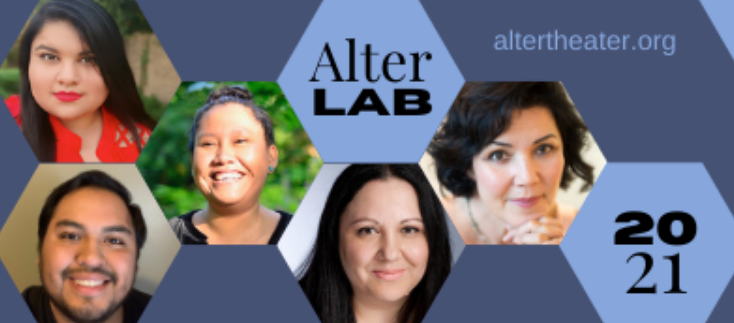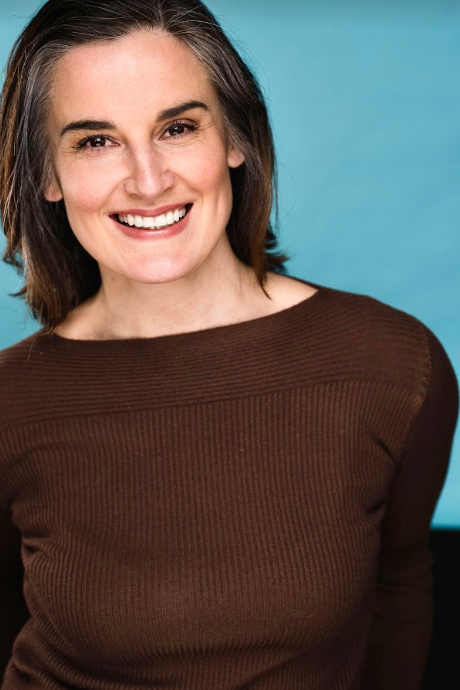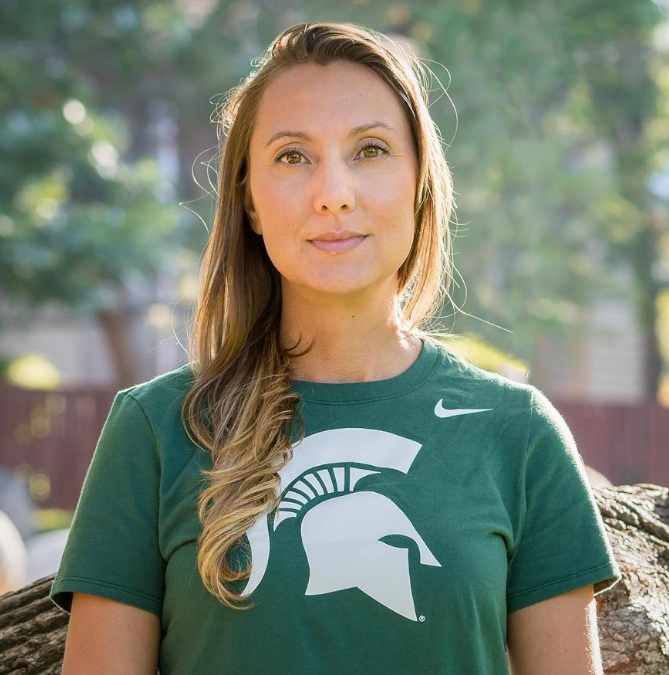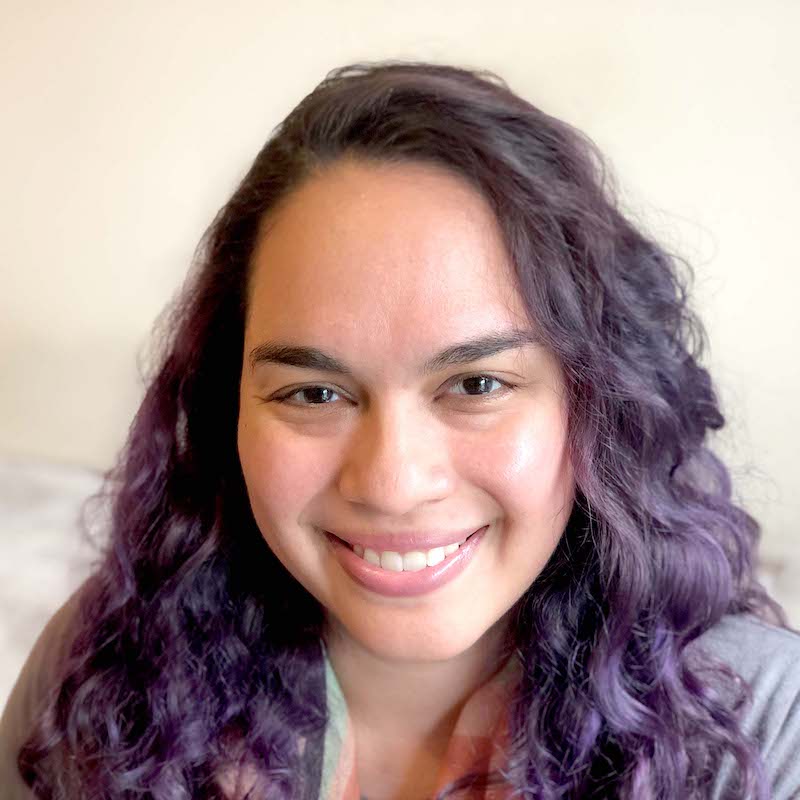
- Details
- By Monica Whitepigeon
SAN RAFAEL, Calif. — The confines of the Covid-19 pandemic led to an abundance of closures and cancelations throughout the arts sector, especially in the performance, but some organizations sought to provide creative outlets for youth and professional performing artists. With social distancing restrictions being lifted across the country, theater companies are opening their doors to more hybrid programming and performances.
AlterTheater, a California-based theater ensemble, has expanded its Arts Learning Project for Native youth by adding in-person summer programming this year. The workshops predominantly run during students’ school breaks with official dates TBA. The project will adhere to the Covid protocols of reservation communities and offer alternative virtual programming for out-of-state students. AlterTheater’s program is intentionally designed to build long-term relationships and provide performing arts networks for Native professional artists and youth interested in the industry.
Want more Native News? Get the free daily newsletter today.
“There’s talent all over, and that talent is going undiscovered because they haven’t been able to partake in opportunities such as these workshops and building relationships with the theater professionals that we have leading these workshops,” claimed Tanis Parenteau, the new tribal liaison and outreach coordinator.

“It’s a big disconnect in the entertainment industry. Geographically, it’s an uneven playing field if people can’t leave the reservation to go to places where these programs are normally offered. And they deserve these opportunities just as much as anyone who has the ability to move to an urban area where there is usually more access.”
Parenteau is an enrolled member of the Métis Nation of Alberta (Cree), a producer/actor and serves on the SAG-AFTRA National Native Americans Committee. She also works with the Red House Project, a Native and Femme-led social storytelling multi-platform endeavor that focuses on MMIWG2ST crisis, and co-hosts the podcast called “Not Invisible: Native Womxn on the Frontlines.”
“We always wanted to be doing more for and with our community. We’ve been increasingly doing more and more Native work (like) commissioning Native playwrights. This program has been growing and I’m really excited to have Tanis join the team and expand this out even more into the community,” said Co-Founder and Artistic Director Jeanette Harrison (Onondaga descent).
Harrison is a writer, actor and director, who initiated the playwright residency program and fostered more than 20 new plays to world premiere productions. For television, she and Sharmila Devar co-wrote “Feathers and Dots, Dots and Feathers,” a half-hour comedy about cultural identity and family.
AlterLab, its playwright residency program, is a yearlong program that supports and commissions three to five writers to craft a new play. This year’s fellows include Tara Moses (Seminole Nation of Oklahoma), Dillon Chitto (Mississippi Choctaw, Laguna, and Isleta Pueblo descent), Vickie Ramirez (Tuscarora), Blossom Johnson (Diné) and Latinx writer Diana Burbano.
After the cancelation of Ramirez’s “Pure Native” tour last year, Harrison was approached by LucenTree’s Brian Melendez of the Reno-Sparks Indian Colony (RSIC) and Tall Tree Indigenous Education Consulting’s Teresa Melendez to see what opportunities were available for youth on reservations. With the “Pure Native” cast unable to travel to RSIC, AlterTheater created a series of virtual theater workshops, beginning in August 2020.

Each workshop featured a working theater professional instructor, team teaching with an Indigenous education specialist, and other Native artists. Students quickly adapted to the virtual setting by participating in one-on-one interactions, small breakout groups of three to five kids and received real-time feedback through the chat feature. At the end, participants from across Indian Country were see their works performed by Native actors and actresses.
For the monologue workshop, students had the freedom and flexibility to develop their ideas as they saw fit, but many decided to focus on social justice topics, such as MMIWG2S and underfunded schools. The Arts Learning Project format led to unforeseen benefits for those involved including career exploration, finding their voice and even institutional support. For one Fort McDermitt Paiute student, her isolationist work was so moving that she won Yale’s Indigenous Performing Arts Program’s monologue contest.
“I’m looking forward to a future for our children where their schools and the tribes are looking to broaden the base of opportunities for our kids. We have to have higher expectations for our schools, our students and our parents too,” Melendez claimed, who now serves as AlterTheater's education director.
Melendez is an enrolled tribal citizen of the Pokagon Band of Potawatomi Nation, a descendant of the turtle clan and language speaker. With 20 years of experience in the Indian education and a grass-roots organizer, she actively finds Indigenous solutions in the areas of climate change, academic advocacy and social justice for the next seven generations.
“We were intentional about incorporating cultural practices and protocols even in a virtual space. We would start off every gathering and meeting with a prayer, song, or words of encouragement. The students got familiar with that process and would step up to share,” Melendez said.
Through outreach with tribal communities, the Arts Learning Project will adapt its workshop structures to fit the needs of various reservations in the hopes of introducing Native youth, particularly in the middle school bracket, to non-labor focused careers and develop new skills in the performing arts.
“If you choose a career in arts, it will be really hard. However, your stories matter, and they’re needed. And we, all of us as artists, need the students that are coming up to join us in order to fully tell our stories. If this the career path you want, there is a place for you, and we are here for you to help make it happen,” Harrison advised to students looking to participate.
“It’s the perfect time to start exploring the performing arts. Have fun and express yourself. You get the opportunity to express yourself maybe in ways you’ve never been able to before and it can be fun and healing,” Parenteau said.
Click here to learn more and support AlterTheater.
More Stories Like This
Center for Native Futures Hosts Third Mound Summit on Contemporary Native ArtsFilmmakers Defend ‘You’re No Indian’ After Demand to Halt Screenings
A Native American Heritage Month Playlist You Can Listen to All Year Long
11 Native Actors You Should Know
Five Native American Films You Should Watch This Thanksgiving Weekend
Help us defend tribal sovereignty.
At Native News Online, our mission is rooted in telling the stories that strengthen sovereignty and uplift Indigenous voices — not just at year’s end, but every single day.
Because of your generosity last year, we were able to keep our reporters on the ground in tribal communities, at national gatherings and in the halls of Congress — covering the issues that matter most to Indian Country: sovereignty, culture, education, health and economic opportunity.
That support sustained us through a tough year in 2025. Now, as we look to the year ahead, we need your help right now to ensure warrior journalism remains strong — reporting that defends tribal sovereignty, amplifies Native truth, and holds power accountable.
 The stakes couldn't be higher. Your support keeps Native voices heard, Native stories told and Native sovereignty defended.
The stakes couldn't be higher. Your support keeps Native voices heard, Native stories told and Native sovereignty defended.
Stand with Warrior Journalism today.
Levi Rickert (Potawatomi), Editor & Publisher

